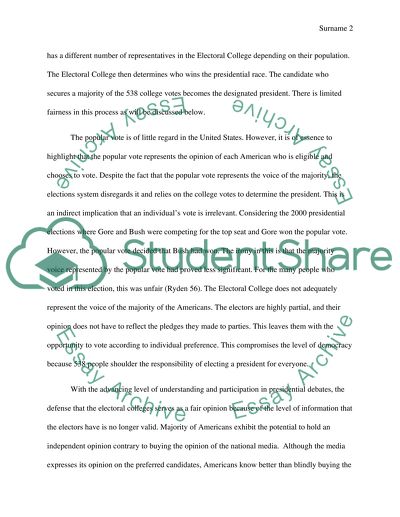Cite this document
(“Is our election process fair Essay Example | Topics and Well Written Essays - 1500 words”, n.d.)
Retrieved from https://studentshare.org/english/1486103-is-our-election-process-fair
Retrieved from https://studentshare.org/english/1486103-is-our-election-process-fair
(Is Our Election Process Fair Essay Example | Topics and Well Written Essays - 1500 Words)
https://studentshare.org/english/1486103-is-our-election-process-fair.
https://studentshare.org/english/1486103-is-our-election-process-fair.
“Is Our Election Process Fair Essay Example | Topics and Well Written Essays - 1500 Words”, n.d. https://studentshare.org/english/1486103-is-our-election-process-fair.


